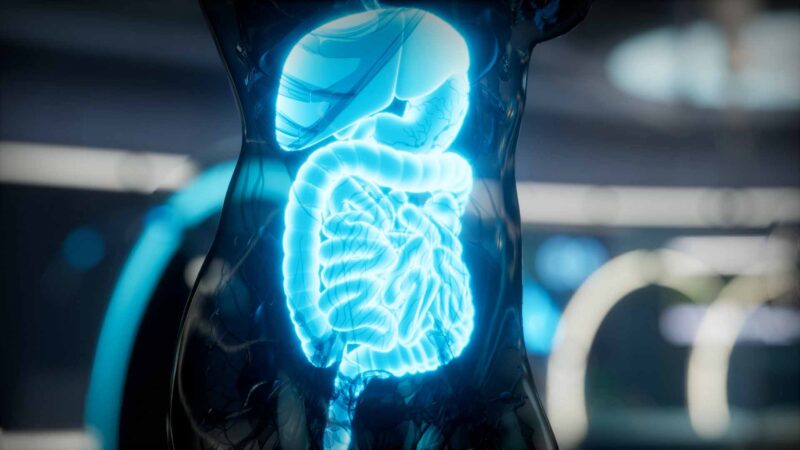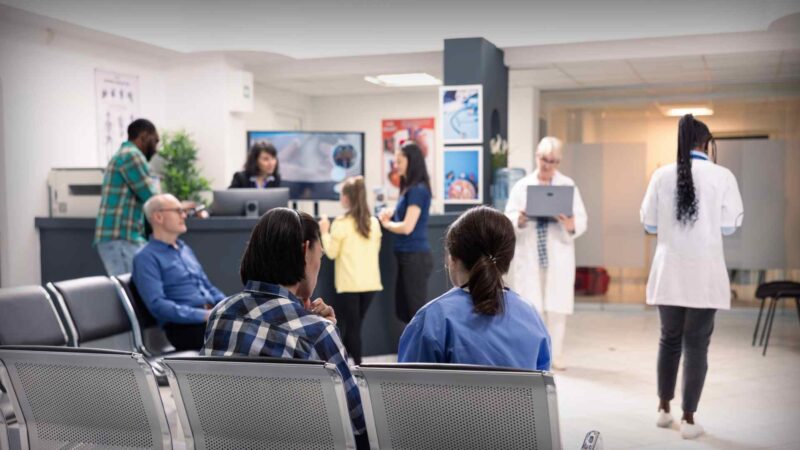Dr Jade Murray, Postdoctoral Research Fellow
Turner Institute for Brain and Mental Health, Monash University
VICTORIA, AUSTRALIA
Bench Side Story continues with a Postdoctoral Research Fellow at the Turner Institute for Brain and Mental Health, at Monash University in Melbourne, Victoria, AUSTRALIA.
Dr. Jade M. Murray completed a PhD programme at the Monash University Sleep and Circadian Medicine Laboratory in 2018. Dr. Murray’s broad research interests include studying the effects of circadian misalignment on overall health in both healthy and sleep disordered populations and developing simplified methods for determining the timing of circadian phase. An important innovation in her work has been tracking light-dark exposure data over time to build predictive models of circadian timing for development of personalised delivery systems for sleep-wake interventions to improve health and lifestyle outcomes.
You Might also like
-
Engineering bacteria to detect colorectal cancer cells
An international team of researchers from Adelaide and the United States has engineered bacteria capable of detecting mutated DNA released from colorectal cancer cells, opening the door to faster disease detection.
-
Good and bad extracellular vesicles in health and disease
Associate Professor Joy Wolfram has joint appointments in the School of Chemical Engineering and the Australian Institute for Bioengineering and Nanotechnology at The University of Queensland, and through her work at the AIBN, she aims to develop a new paradigm of therapeutics (using nanotechnology and cell products) to treat life-threatening diseases that are major causes of death globally, including cardiovascular disease, kidney disease, and breast cancer.
-
CASE STUDY: Transforming surgical waitlist into a ‘preparation list’
The DIAMONDS initiative aims to transform the surgical waitlist into a “preparation list,” enabling healthcare professionals to optimise patient care in the months leading up to elective surgery starting at pre-admission phase.
Patients are will be able to complete pre-admission forms online, receive timely updates, and access educational resources to ensure thorough preparation. This will allow staff to spend more time with patients.



